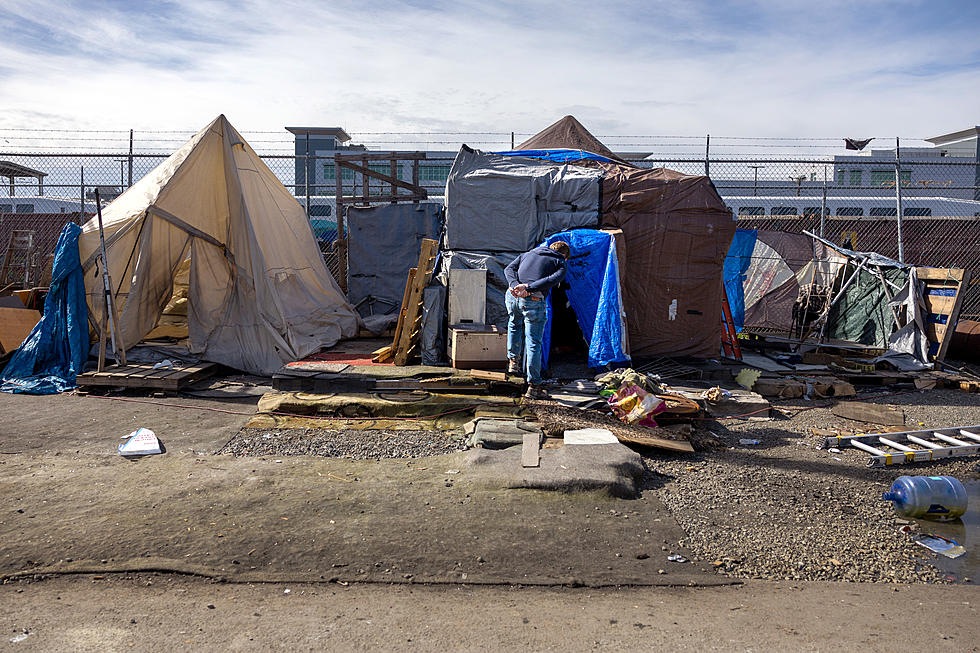
What Could The Upholding of Spokane’s Prop 1 Mean for Tri-Cities?
There were a number of ballot measures throughout the State for last month's general election. Few had as many, or more, people paying closer attention than Proposition 1 in the City of Spokane.

Prop 1 was an attempt by a local jurisdiction to address the burgeoning homeless issue that had grabbed headlines earlier this year. Camp Hope, at one point, was the largest homeless encampment in Washington State with roughly 600 residents.
The tent city was on land owned by the State Department of Transportation on Freya St and I-90. It made headlines as the battle between the city and the State on the continuation of the camp vs promises of closing and clearing raged on.
In the aftermath Proposition 1 was conceived and gathered enough signatures to make it on the ballot. Even with legal uncertainty surrounding it, Spokane voters overwhelming said homeless encampments must be 1,000 feet from schools, parks, playgrounds, and day care centers.
An legal challenge was filed and oral arguments were heard October 25th. The appellate courts decision was released December 7th where three judges at the Division III appellate level said in their ruling that voters have a statutory right to
directly participate in local initiatives, (and) courts should be hesitant to frame an issue in a way that strips away this right.
What does this decision mean for attempts that have been made in the Tri-Cities? You might be asking what attempts have been made in Tri-Cities to deal with homelessness?
In May of this year the City of Kennewick voted to expand Ordinance 6024 to extend to certain business areas of the city that included:
- From Clearwater Avenue to Kennewick Avenue, between Yelm Street and
Huntington Street; - From 24th to 28th , between Tweedt Street and Olson Street;
- Canal Drive, between Young Street and Kellogg Street; and
- Portions of the Kennewick Central Business District to include the
following streets and public rights of way, from 1st Avenue to Canal
Drive, between Dayton Street and Washington Street, including W.
Kennewick Avenue between Dayton Street and Washington Street,
including N. Cascade Street, N. Benton Street and N. Auburn Street
between 1st Avenue and Canal Drive
If Proposition 1 withstands further appeals (if they happen) it could become the template for cities looking for ways to deal with the homeless situation.
Here is a sobering statistic...Washington State has the fourth highest homeless population in the Nation and the second highest population of unhoused people according to data from the US Department of Housing and Urban Development's report.
LOOK: Here's what iconic concert took place the year you graduated high school
Gallery Credit: Jacob Osborn





